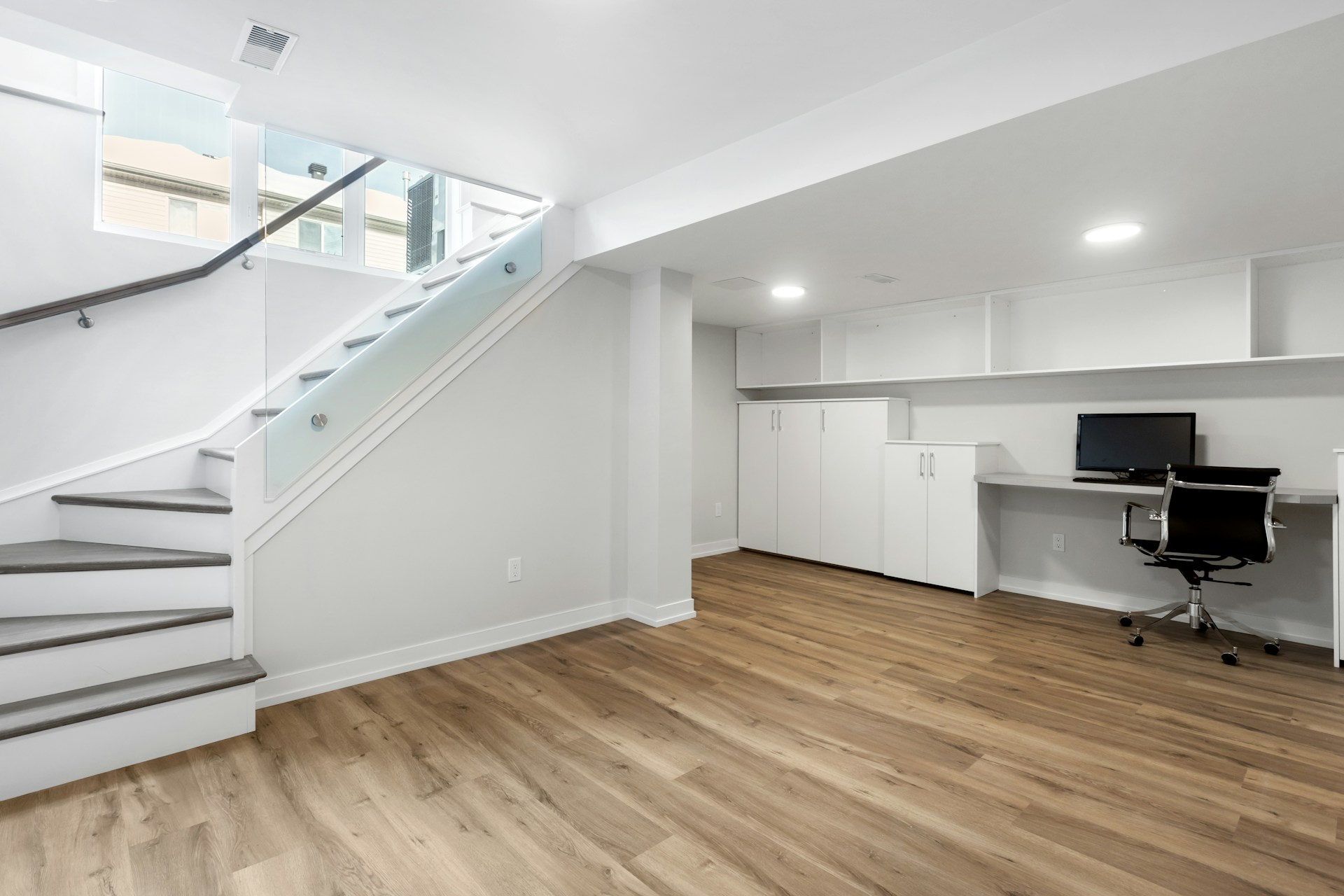

Question: Does Bungalow Mean No Basement?
Answer: No, bungalow does not mean no basement. It refers to a single-story house style. While many pf them are built without basements, it’s not a defining characteristic. They can have basements.
Understanding Bungalow Architecture
The term “bungalow” evokes images of charming, single-story homes with inviting front porches. A common misconception surrounds bungalow basements. Does bungalow mean no basement? Not necessarily. While the architectural style doesn’t preclude a basement, various factors influence their inclusion. This article explores the relationship between bungalows and basements, examining the historical context, construction considerations, and regional variations that contribute to this architectural nuance.
A Historical Perspective on Bungalows and Basements
They emerged in India during the British Raj and gained popularity in the United States during the early 20th century. Initially, these affordable and practical homes catered to a growing middle class. Basements weren’t standard features due to cost constraints and the relatively simple construction process involved in single-story dwellings. The climate in many regions where they first flourished didn’t necessitate basements for heating or cooling purposes.
Click the link to read more about Orangeville real estate agents
Related Article: Are Bungalows Always Detached?
Related Article: What is a Bungalow in Canada?
Regional Variations in Bungalow Styles
Different regions adapted the bungalow style to suit their specific needs and preferences. For example, in areas with colder climates, basements became more common as they offered valuable space for heating systems and storage. In warmer regions, raised foundations or crawl spaces proved more practical for ventilation and moisture control. The prevalence of bungalows with basements varies significantly across geographical locations. Specific regional styles, such as the Chicago bungalow, frequently incorporated basements.
Modern Bungalows and Basements: Evolving Trends
Today, the decision to include a basement in a newly constructed home reflects individual homeowner preferences and practical considerations more than historical precedent. Many modern bungalows feature basements to provide additional living space, storage, or utility areas. As construction techniques have evolved, incorporating basements into the designs has become less challenging and more customizable. Contemporary bungalows often offer the same basement options as other housing styles.
Advantages and Disadvantages of Basements in Bungalows
Advantages
- Increased living space
- Storage solutions
- Protection from extreme weather
- Potential for increased home value
Disadvantages
- Added construction cost
- Potential for moisture problems
- Limited natural light
- Accessibility challenges
While the classic image of them might not include a basement, the presence of one depends on various factors. Historically, cost and climate played significant roles. Modern bungalows offer greater flexibility, with basements becoming increasingly common as homeowners seek to maximize space and functionality. The inclusion of a basement becomes a matter of personal preference and practicality within the context of the specific location and building design.
While they didn’t traditionally include basements, modern construction practices and evolving homeowner preferences have changed this perception. Instead, basements now represent a valuable option for those seeking extra space and functionality in their homes. The decision rests with the homeowner, balancing the advantages and disadvantages with their specific needs and budget.
Conclusion
The architectural style of a bungalow does not inherently exclude the possibility of a basement. Rather, the inclusion of a basement historically depended on factors like cost, climate, and regional variations. Today, the decision to incorporate a basement rests primarily on individual homeowner preferences and practical considerations. Modern bungalows frequently feature basements as valuable additions, providing extra living space, storage, and enhanced functionality. Prospective owners should carefully consider their needs and evaluate the benefits and drawbacks of a basement before making a decision. Understanding the historical context and evolving trends in bungalow design helps dispel the misconception that bungalows automatically preclude basements. [ 1 ]
References
1. https://www.gimme-shelter.com/what-is-a-bungalow-50099/


